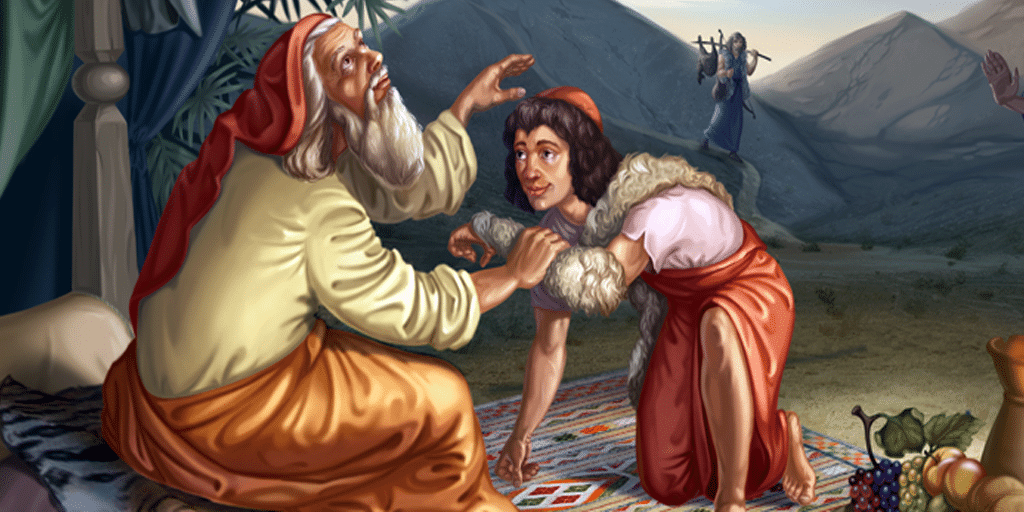Why Would God Say: “I Have Hated Esau…”?

Question: Why Did God Hate Esau?
Several months ago, you answered a question on things that God “hates” based on Proverbs 6:16. That was most enlightening to me and helped me understand this passage more fully. Recently, I was reading in Malachi 1:2-3, and it has, in part, these words of God: “I have loved Jacob; but I have hated Esau….” I understood the passage in Proverbs regarding “hate,” but now I am confused. How could God teach us in the New Testament to love our enemies, and in the Old Testament it says He hated Esau? Help!
Answer:
There are three interesting passages that parallel this question:
- Genesis 29:31, 33—”And when the Lord saw that Leah was hated, he opened her womb; but Rachel was barren…. And when she conceived again, and bore a son; and said, ‘Because the Lord hath heard that I was hated…’” (KJV).
- Malachi 1:2-3—The Lord speaking: “Yet I have loved Jacob; but I have hated Esau…” (NASB).
- Luke 14:26—Jesus is speaking: “If anyone comes to Me, and does not hate his own father and mother and wife and children and brothers and sisters, yes, and even his own life, he cannot be My disciple” (NASB).
The Hebrew word used in the Genesis and Malachi passages is also the word we explored in Proverbs 6; it is the Hebrew word “sawnay” which is translated “hate.” Our problem revolves around the cultural Hebrew meaning of the word “hate.” If I say that I hate, for example, liver, it means that I intensely dislike it. But the word “hate” in the Hebrew can have more than one meaning.
As per the NKJV and NASB translations of Genesis 29:31-33, the word “unloved” is used instead of “hate.” That is to say, not that you hate someone, but that you love someone more than another. Jacob loved both Leah and Rachel, but he loved Rachel more. To be chosen for special honor was to be loved. To be given a place of less importance, or honor, no matter how desirable, was to be hated/loved less.
The same can be said of the Malachi passage; God loved both Esau and Jacob, but He chose to give Jacob special status. All of this is confirmed in the New Testament: that this was the meaning of the Jewish term throughout history. In the Luke 14:26 passage, Jesus wasn’t telling us to dislike/hate our family and relatives. He wanted us to love one another with a sacrificial love—”A new commandment I give to you, that you love one another” (John 13:34).
The Greek word used in the Luke 14:26 passage is “miseho,” which can be translated as “hate,” “detest,” or “to love less.”
Bottom line: It is important that we give Jesus first place and first love in our lives; He is to be Number 1. No spouse, child, parent, relative, or friend is to come before our relationship and love for Jesus.






